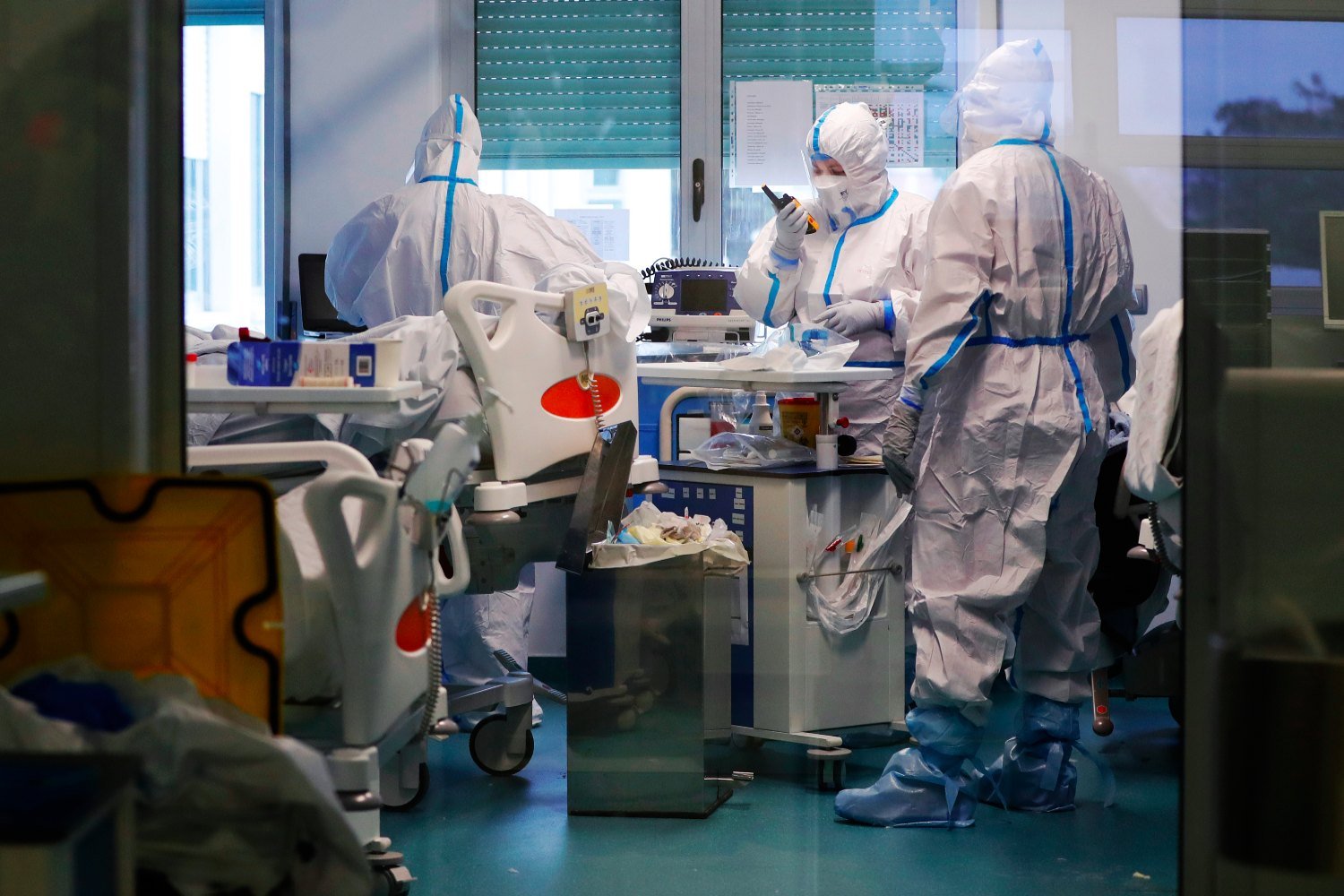Twenty-six health workers, 150 field beds, 50 ventilators and 150 infusions machines will be dispatched to the southern EU nation on Wednesday, Germany's Defence Ministry said.
Portugal is “in a particularly dramatic situation,” said German Defence Minister Annegret Kramp-Karrenbauer.
“In such times, solidarity in Europe is indispensable,” she added.
Portugal had written to Germany for aid on January 25th when the crisis looked far from abating.
Some German medical staff will provide back up at a hospital in Lisbon, while others may be deployed to other sites, the ministry said, adding that the aid measures are initially due to last for three weeks.
Portugal imposed a two-week ban on foreign travel that took effect on Sunday, after it became the country worst hit by the coronavirus relative to its population of about 10 million.
Nearly half of Portugal's 12,000 Covid-19 deaths have occurred in January alone during a third wave of the virus, and Portugal went into a second general lockdown on January 15th.
A record number of 16,432 new infections was registered on Thursday, and on Monday alone, another 856 people were admitted to intensive care, while 275 more people died.
With hospital beds in short supply, ambulances ferrying more patients to the capital's biggest hospital Santa Maria are left queuing outside for hours.
One hospital in the Lisbon suburbs had to urgently transfer more than 100 patients last week due to problems with its oxygen supplies.
Prime Minister Antonio Costa last week said the latest surge in infections was due to the spread of the more contagious variant that first emerged in Britain, as well as an easing of measures over the Christmas holidays.
“If we had learned in time of the existence of the British variant, we would surely have taken different measures for the Christmas period,” Costa admitted.



 Please whitelist us to continue reading.
Please whitelist us to continue reading.
Member comments